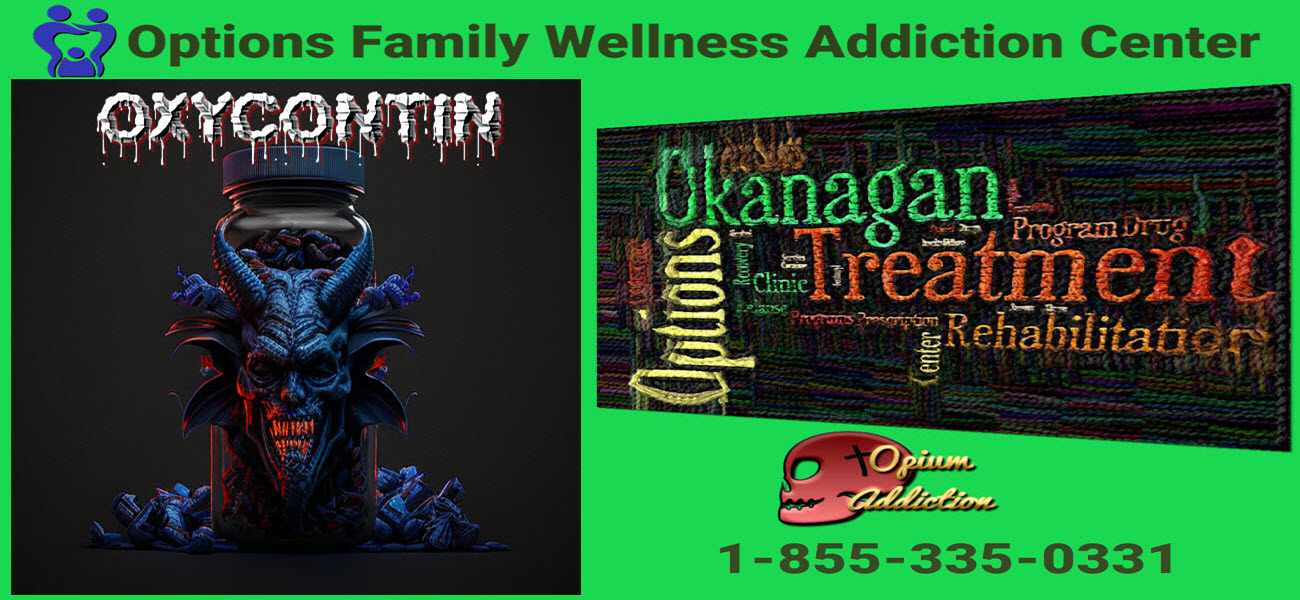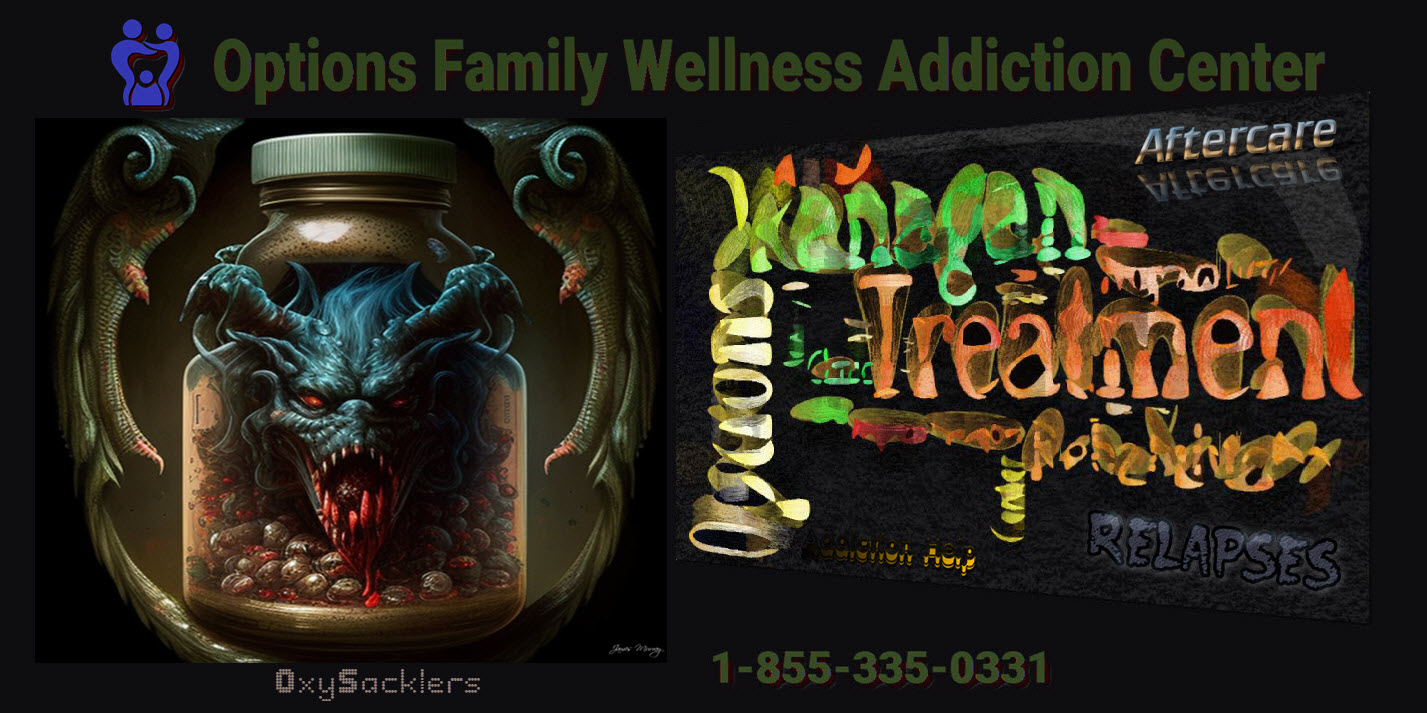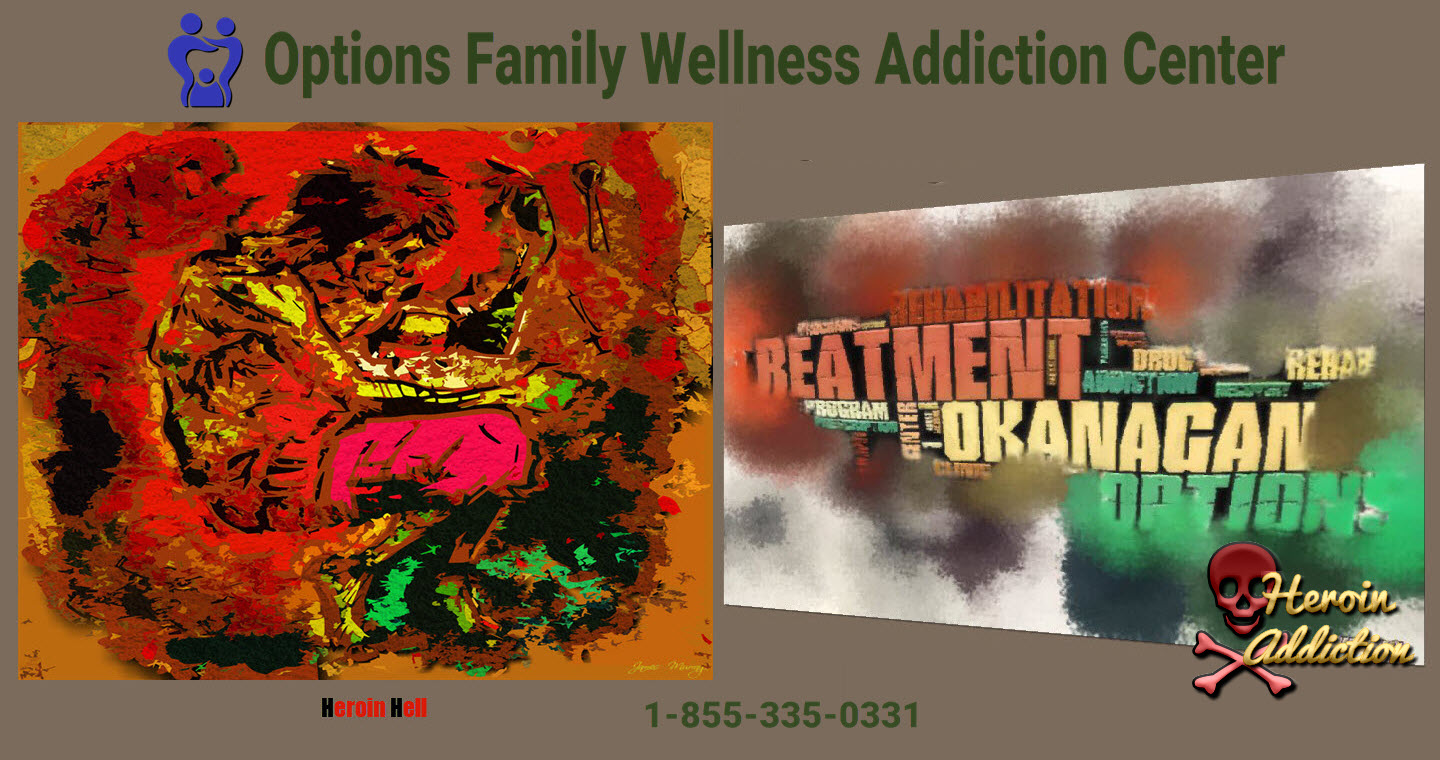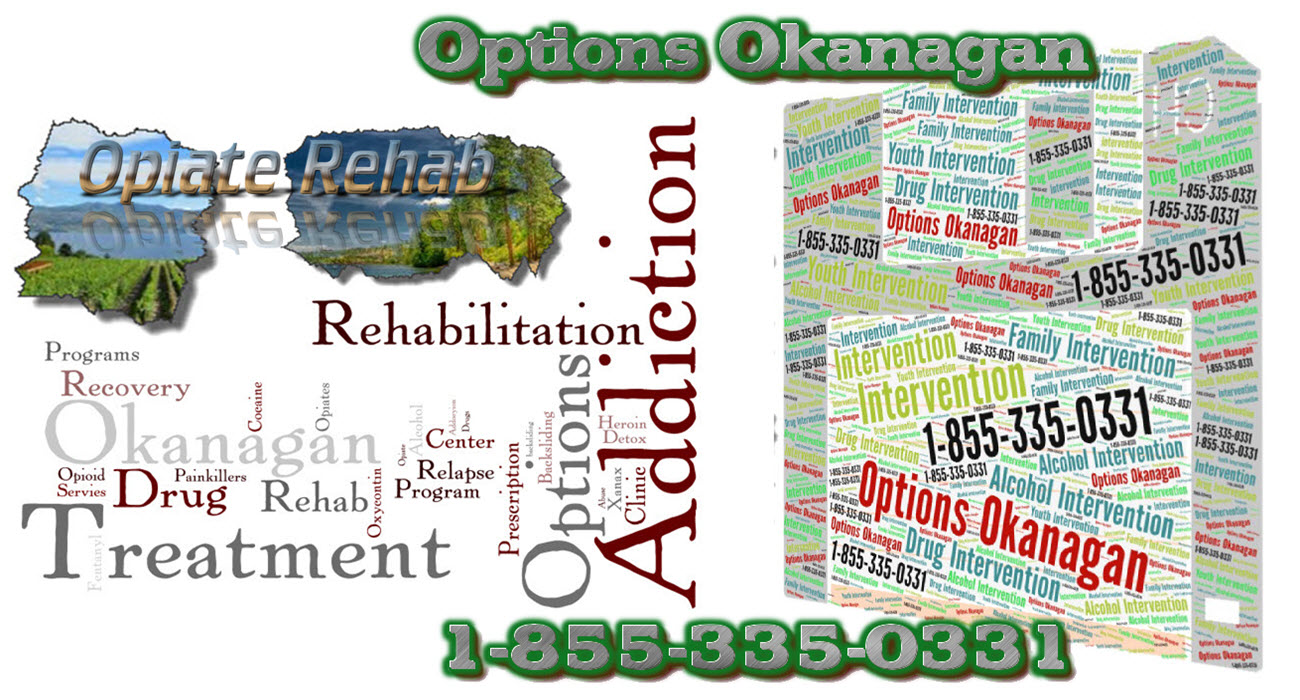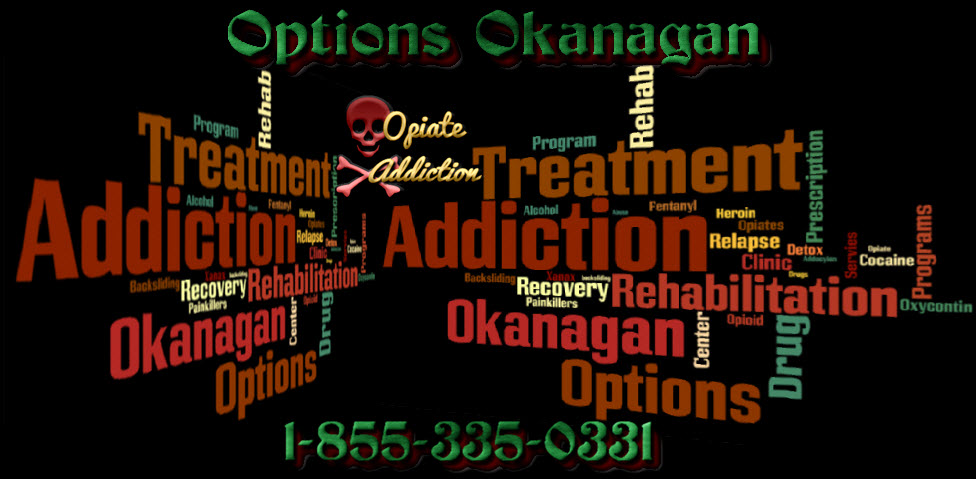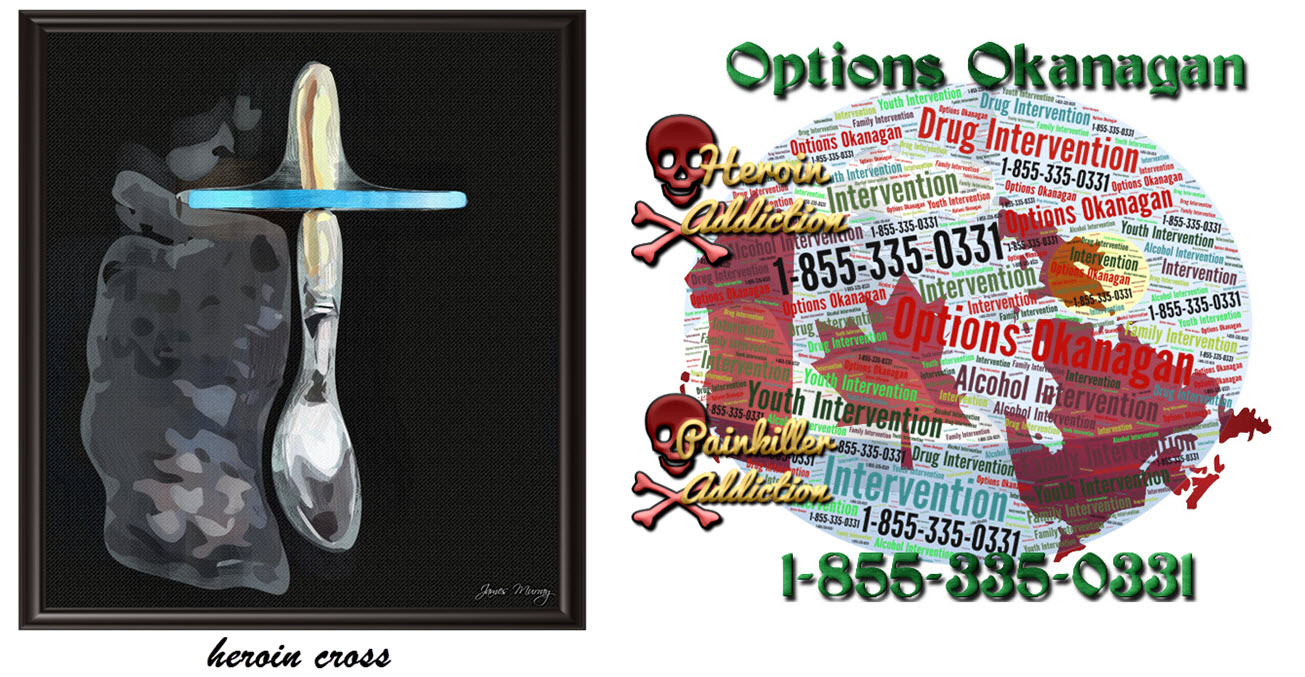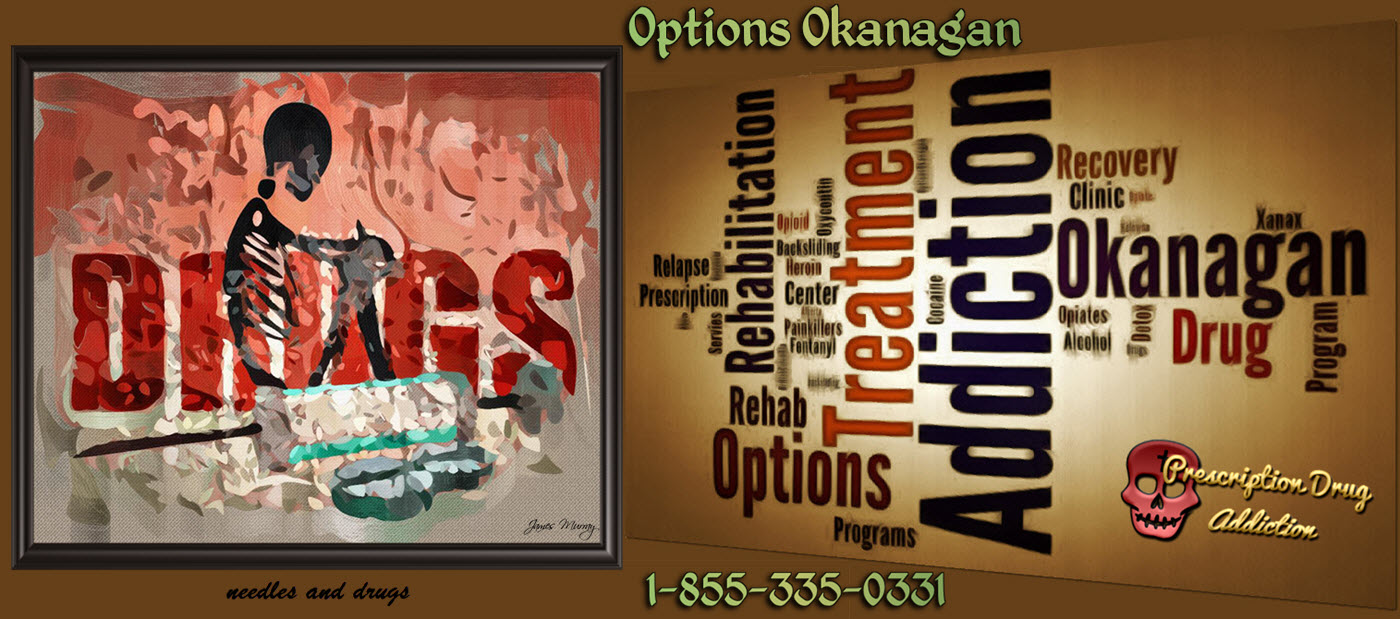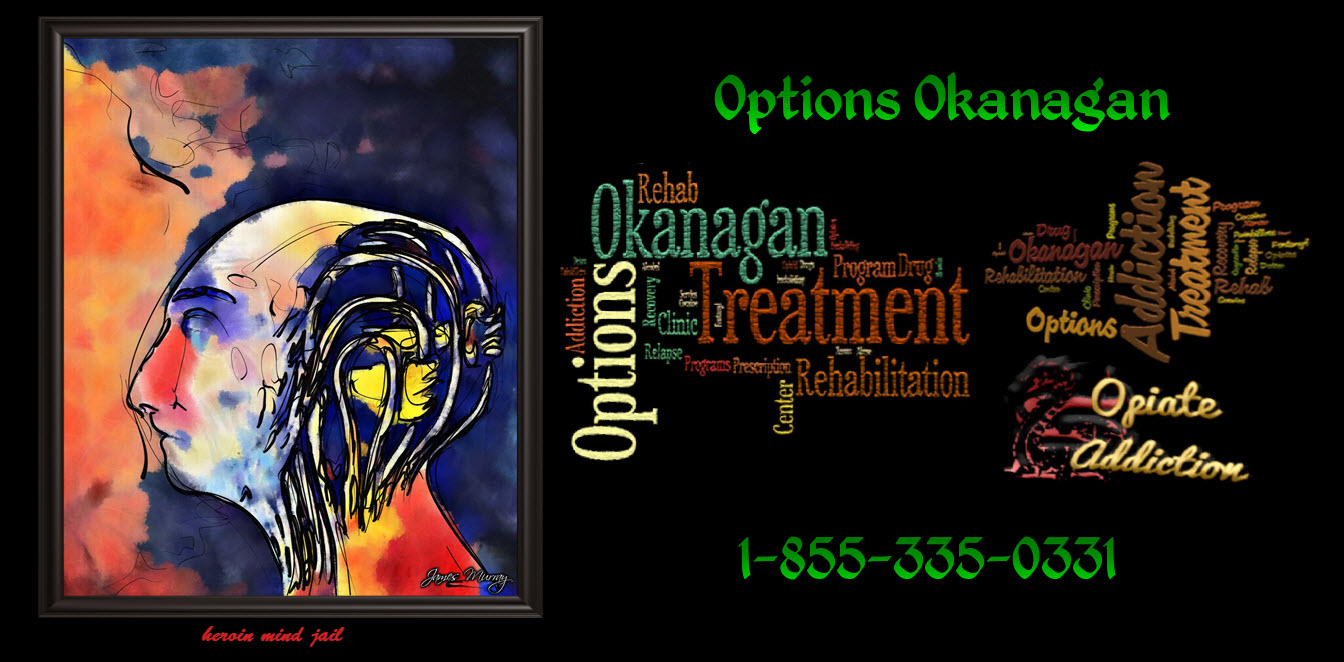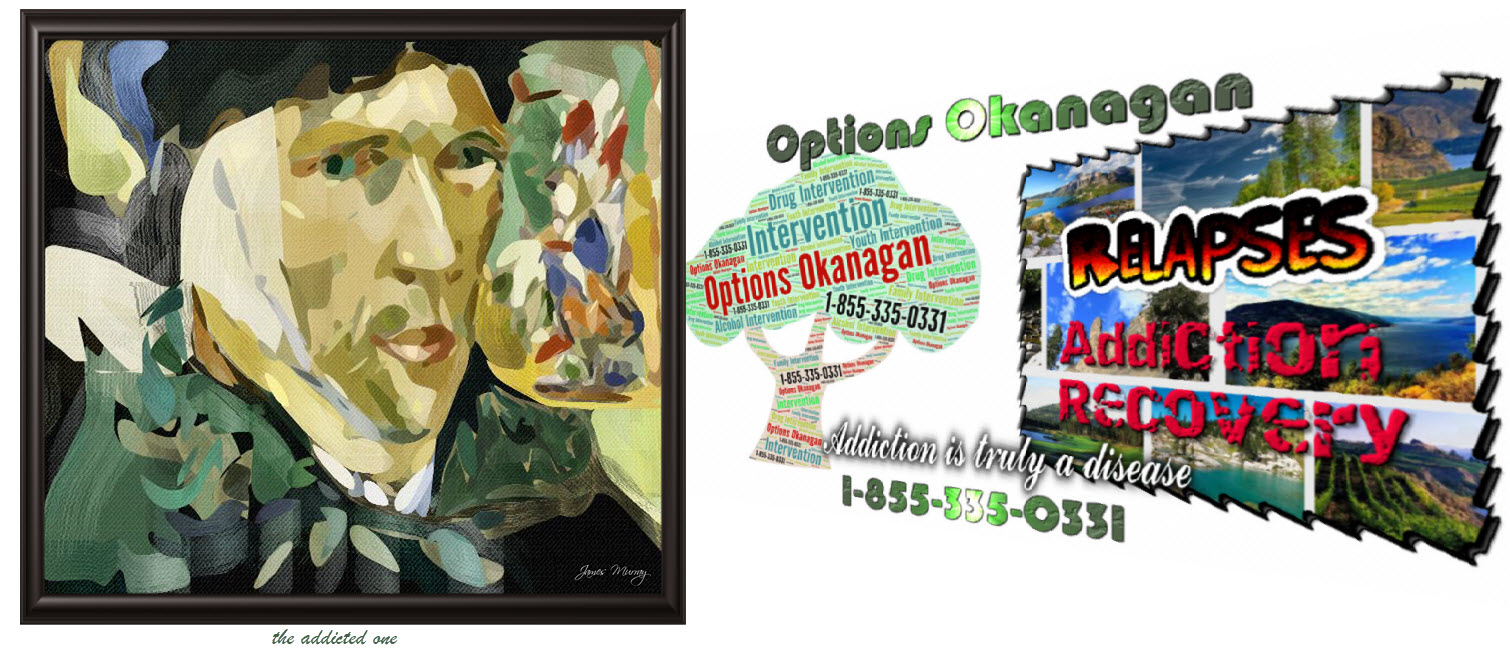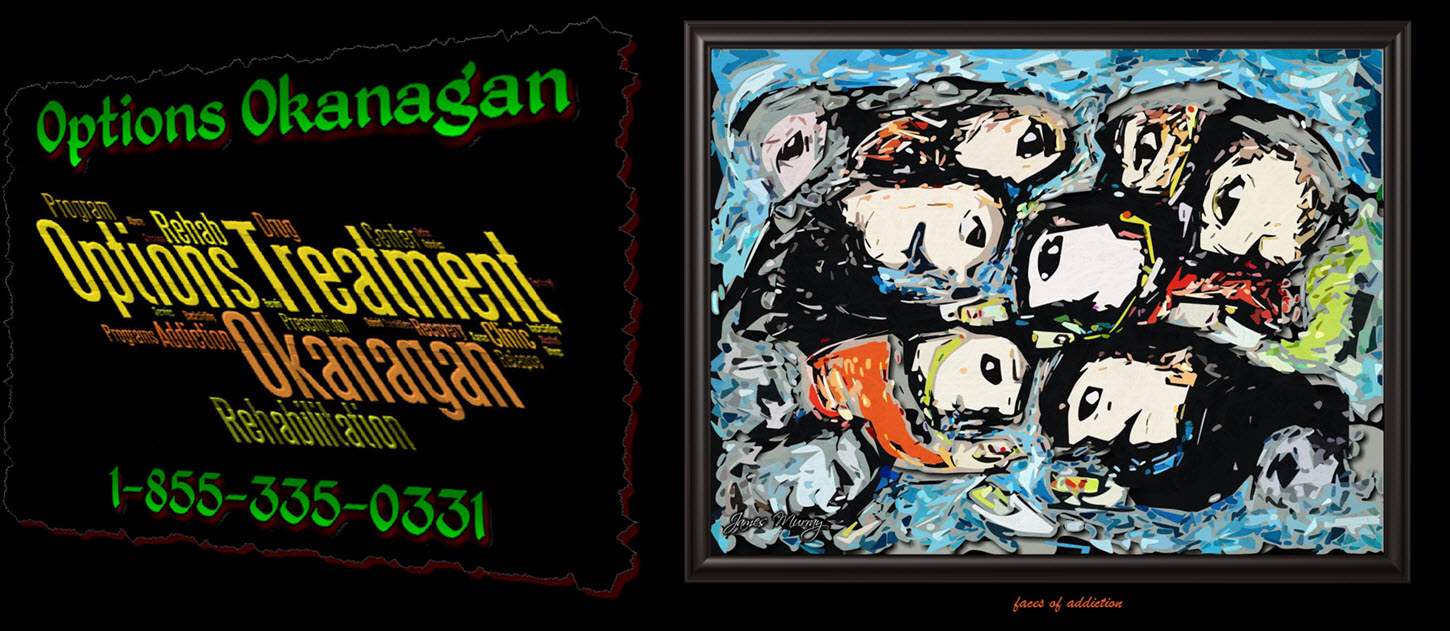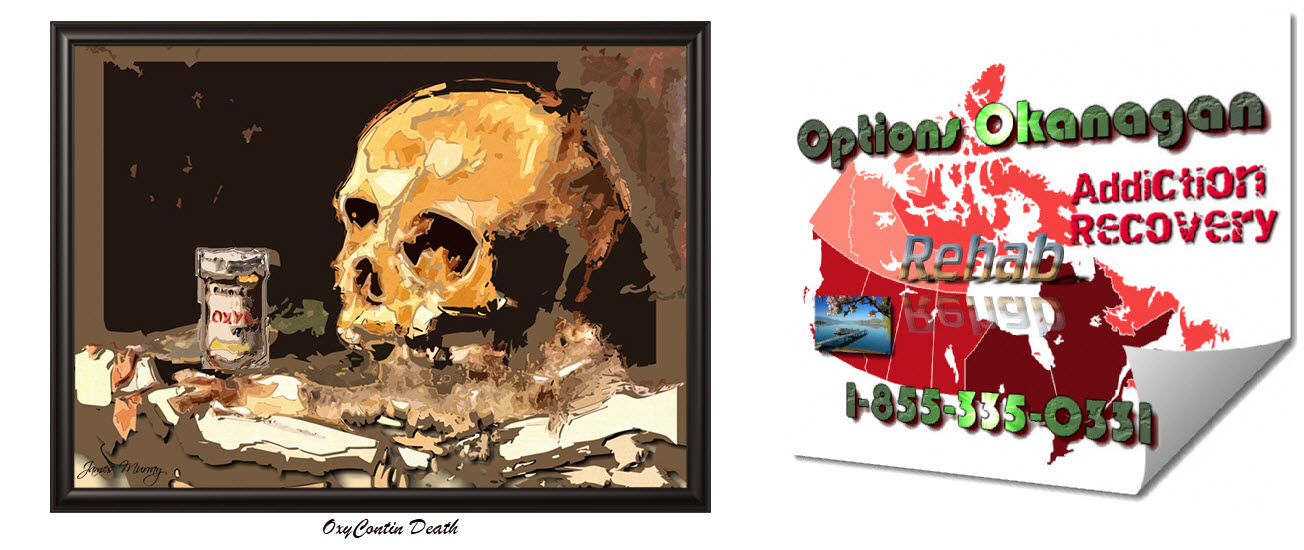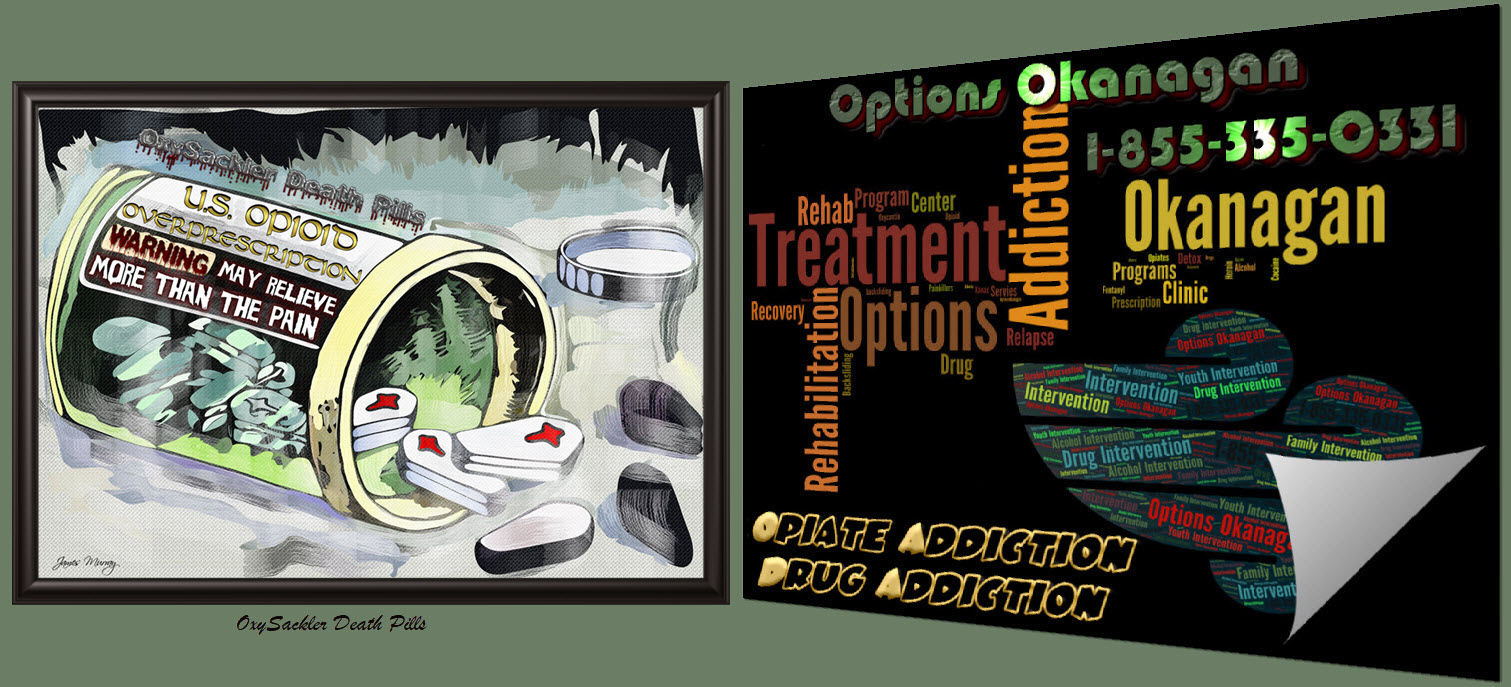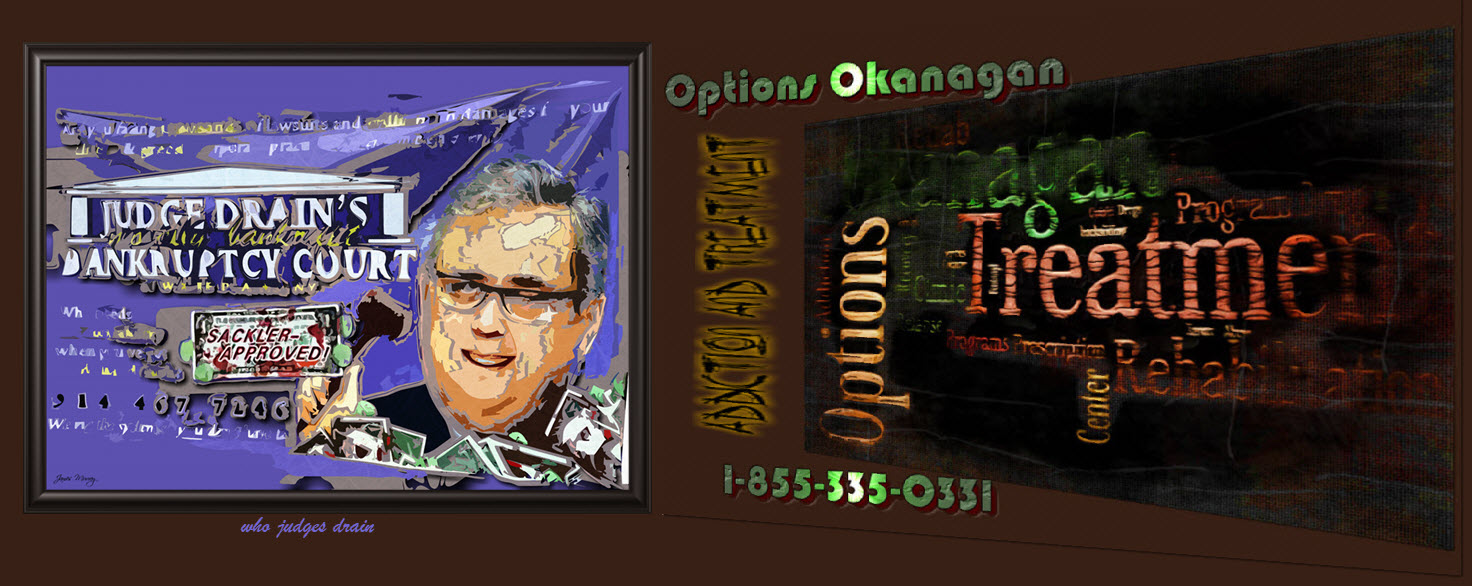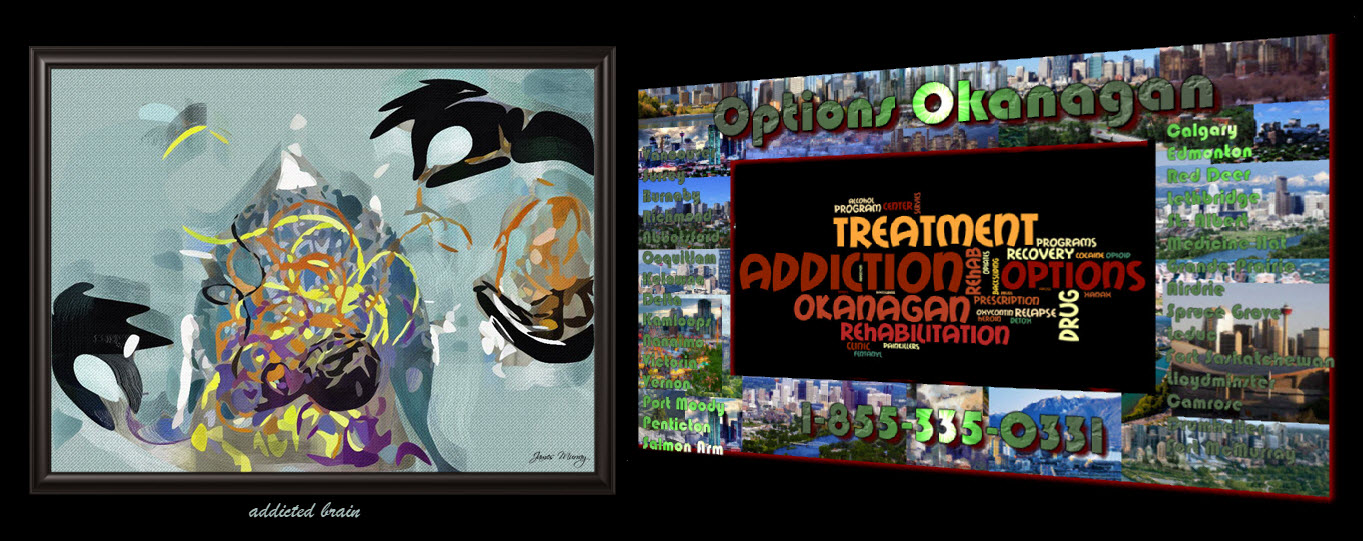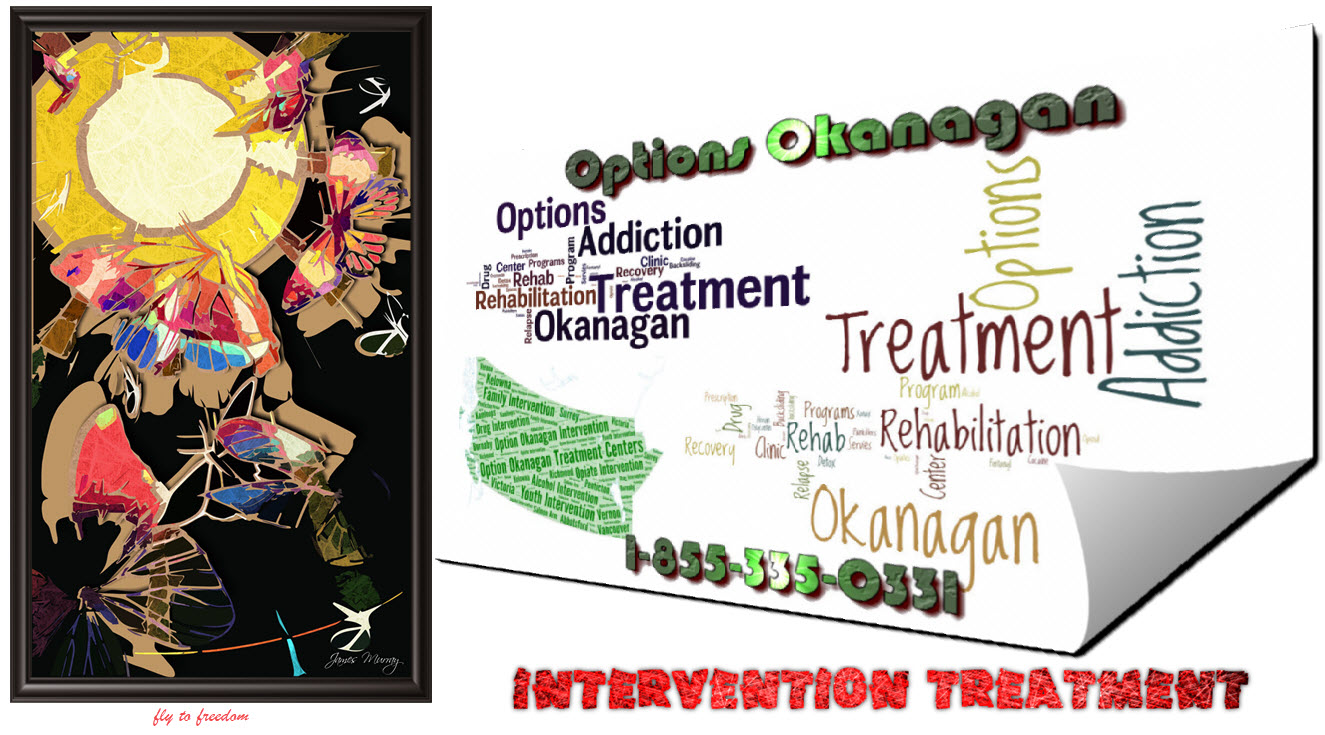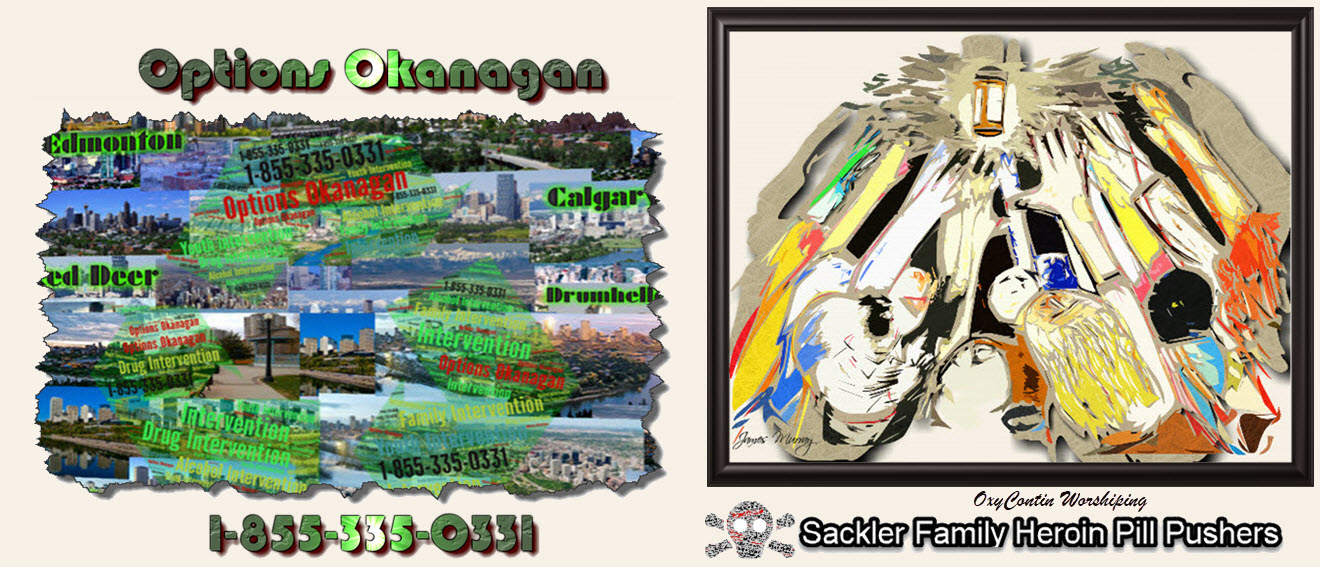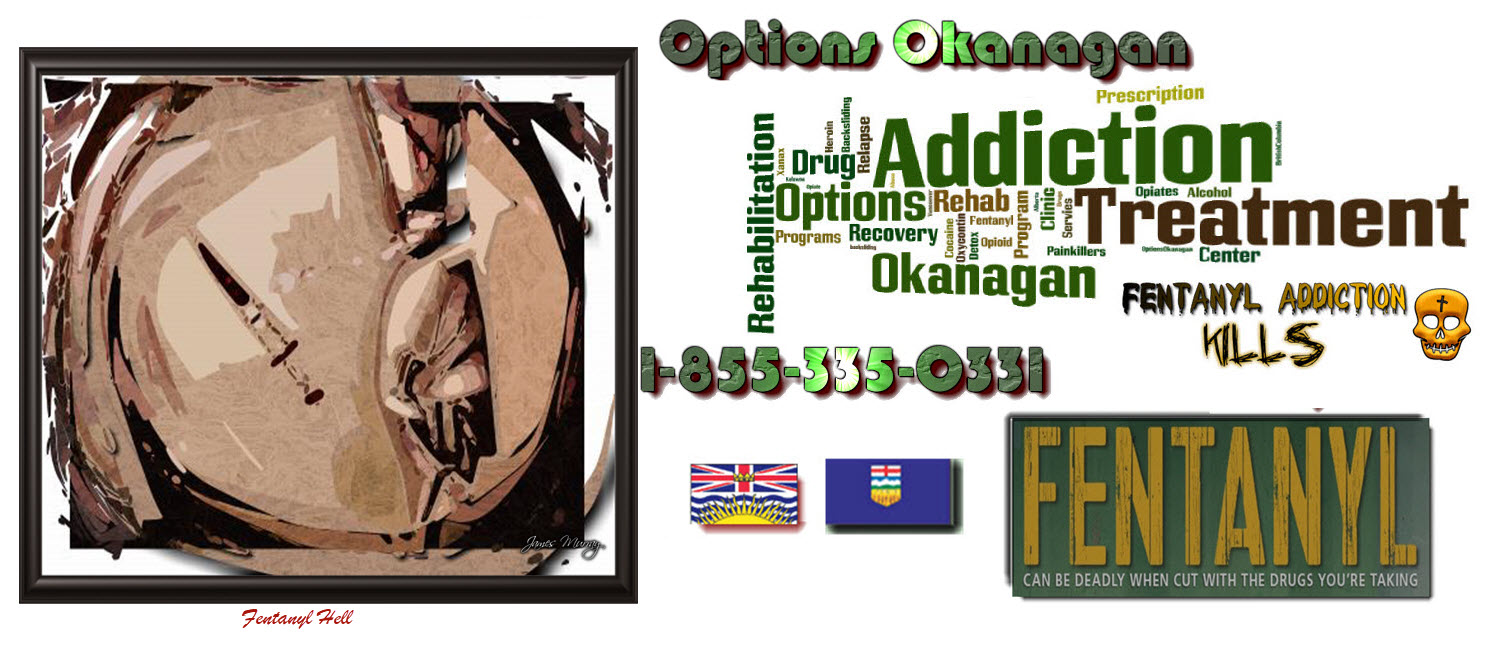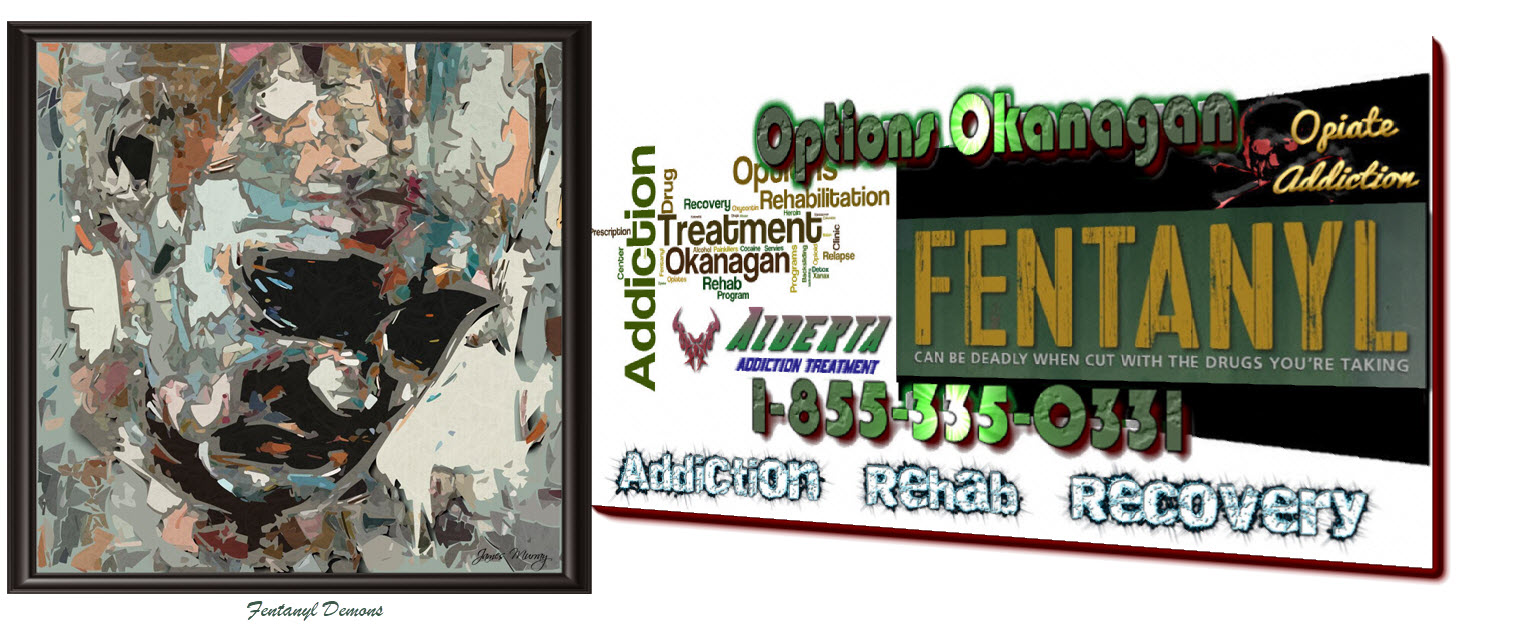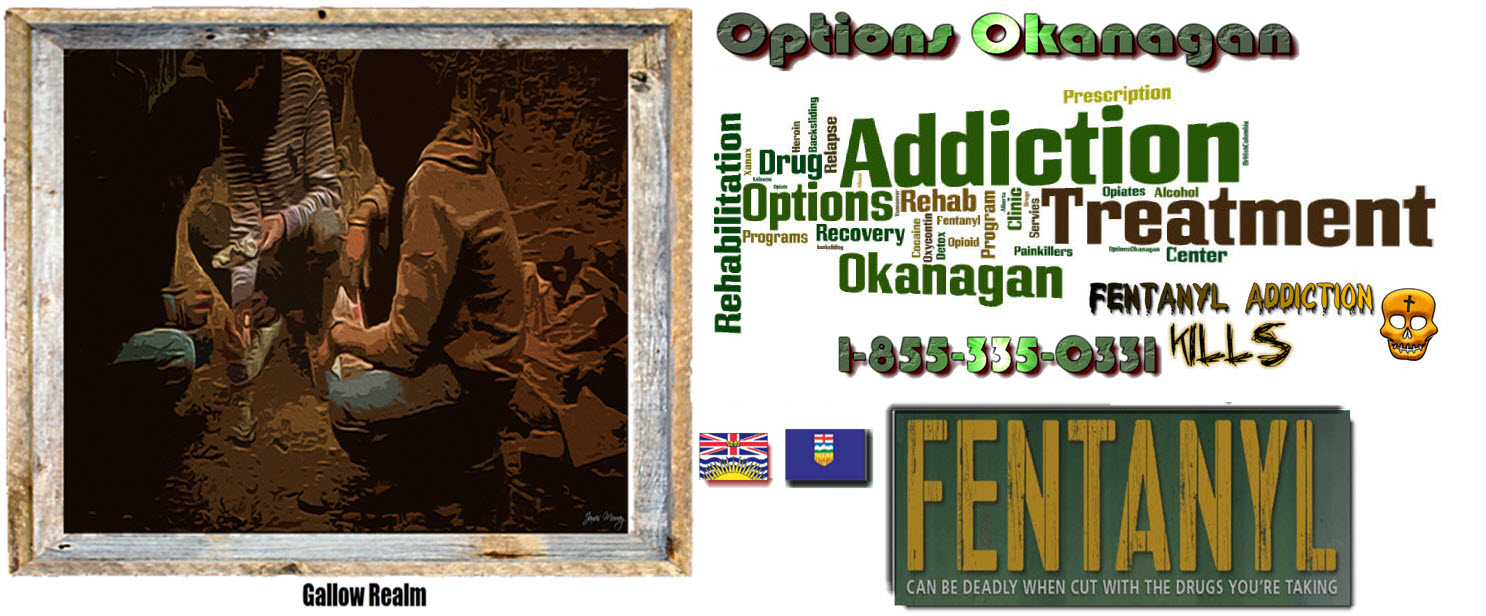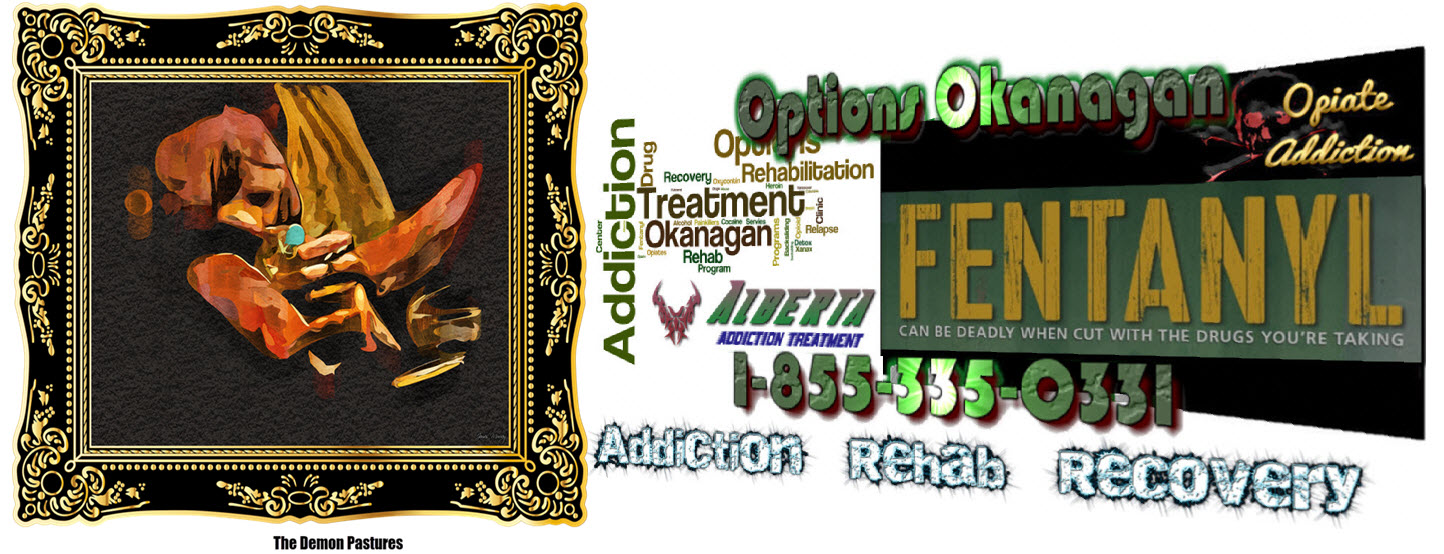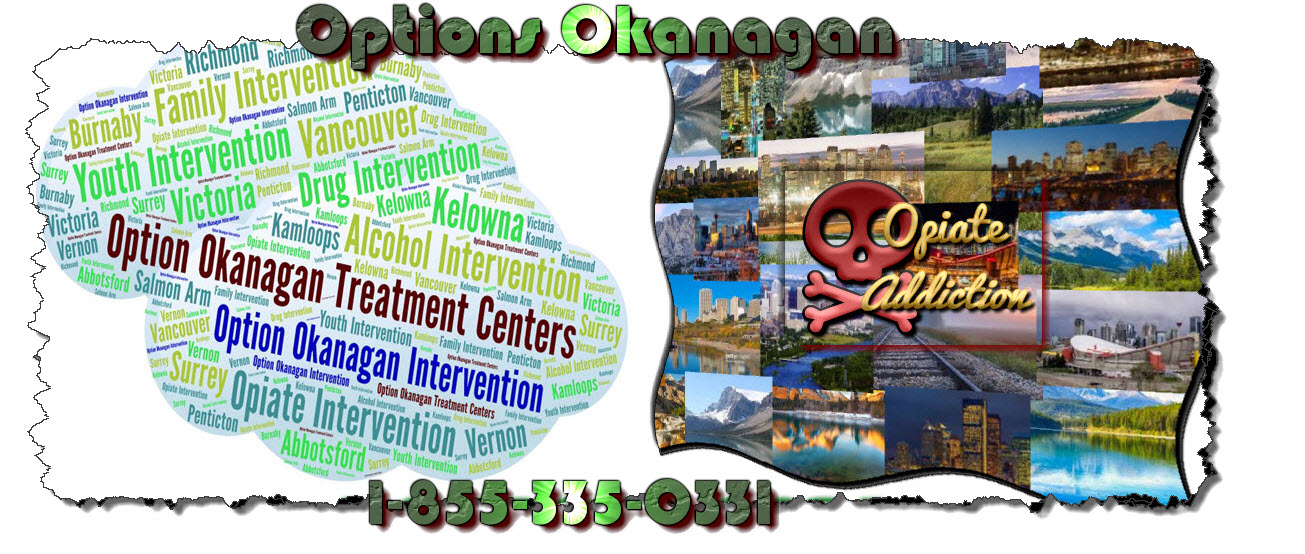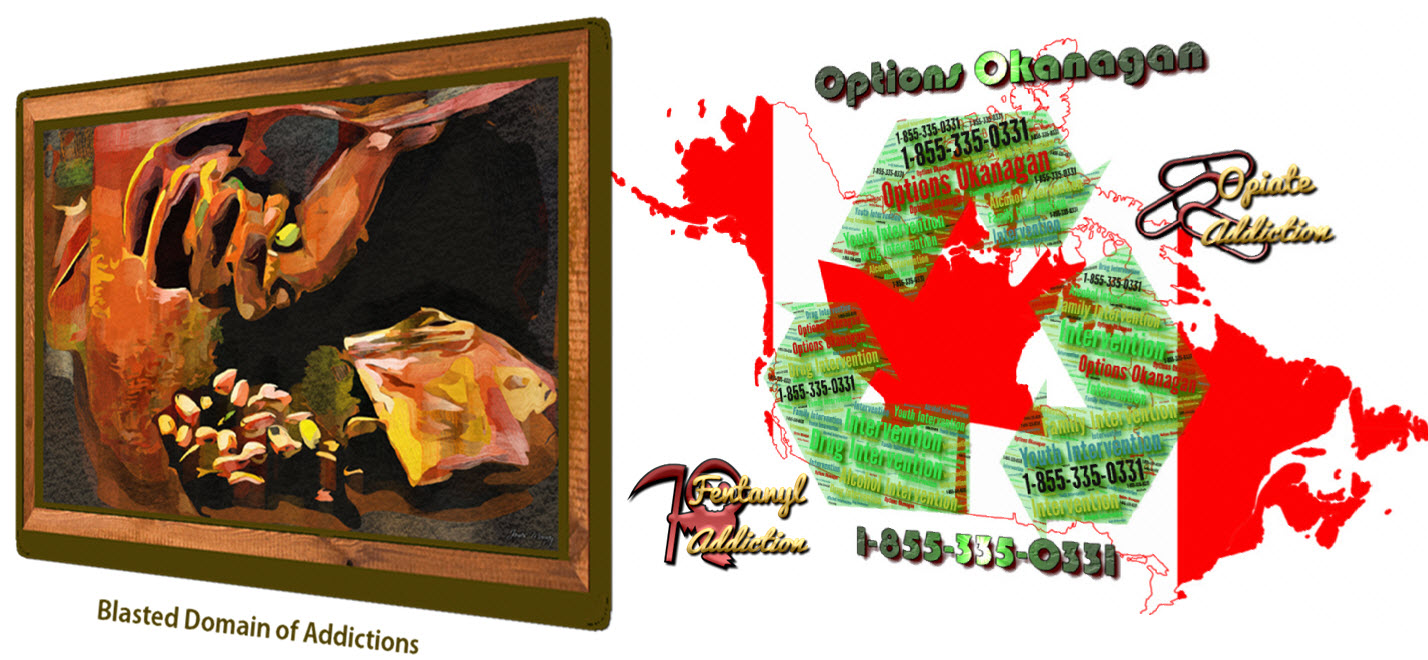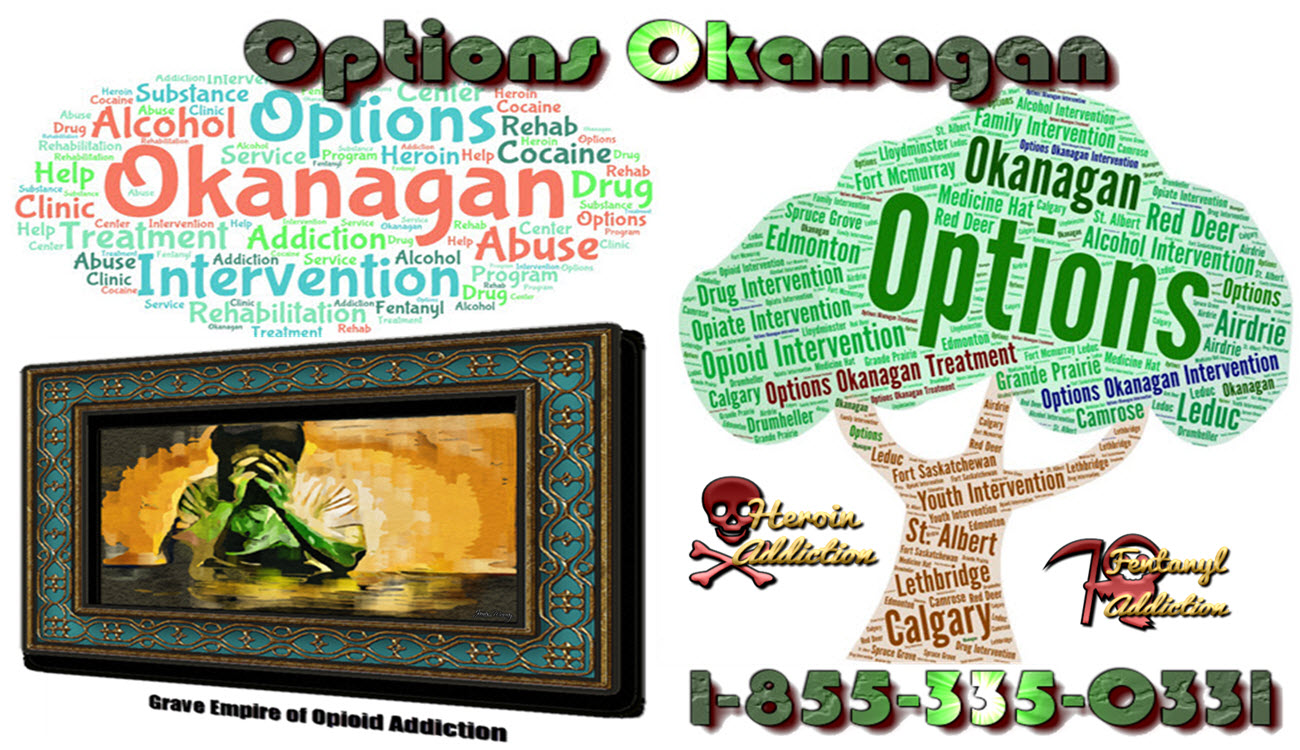The Lonely Road to Redemption: A Heartbreaking Tale of Heroin Addiction – Heroin treatment center and addiction treatment programs for recovering addicts in British Columbia and Alberta – Options Family Wellness Addiction Center in Kelowna, British Columbia treating drug, opioid, prescription drugs, opiate, fentanyl, heroin and alcohol addiction and recovery.
Heroin Treatment Center In BC
Haunted by Demons: Bill’s Struggle with Heroin and the Desperate Quest for Hope
Bill had hit rock bottom after years of addiction to heroin and painkillers. His life was a blur of desperation, pain, and endless cravings. He had lost everything – his family, his friends, his job, and his home. He had become a ghost, haunting the dark alleys and backstreets of various cities in Canada.
But somehow, he had survived. He had made it to Vancouver, a city known for its open drug scene and its overwhelming sense of hopelessness. The streets were full of people like Bill, lost souls trying to numb their pain with drugs.
Multiple Overdoses: Bill’s Near-Death Experience and the Decision to Seek Help
Bill was barely surviving on the streets, constantly searching for his next fix. He had overdosed so many times that he couldn’t remember how many. But then came the day when he overdosed for what he thought would be the last time. The paramedics had found him on the brink of death and rushed him to the ER.
The nurses and doctors had worked tirelessly to save him, and after a few days, he was finally stable. They urged him to seek help and go to rehab, but Bill was hesitant. He had tried to get clean before and failed, and he didn’t know if he could do it again.
But something inside him had shifted after that overdose. He realized that he couldn’t keep living like this, that he needed to make a change. And so, with the help of the doctors and nurses, he reluctantly checked himself into a drug and alcohol rehab facility.
Road to Recovery: Bill’s Journey through Drug and Alcohol Rehab
The first few days were tough. Bill felt like he was going through hell. He was sick, in pain, and consumed by cravings. But slowly, he started to see glimpses of hope. He connected with other patients who were going through the same thing as him, and he started to believe that recovery was possible.
After months of intense therapy, Bill was finally ready to leave rehab. He had a newfound sense of hope and purpose, and he was determined to make a fresh start. But when he stepped out of the rehab facility, he realized that the streets of Vancouver were still as dark and dangerous as ever.
Living on the Streets: The Scary and Violent Reality of Vancouver’s Downtown Eastside
Bill tried his best to stay clean, but the temptation was always there. He saw his old friends and acquaintances, and he felt the pull of the drugs. And then came the day when he relapsed. It started with just one hit, but soon he was back to his old ways.
Life After Addiction: Bill’s Struggle to Rebuild and Reconnect with Society.
Bill felt like a failure. He had worked so hard to get clean, and now he was back where he started. He tried to hide his addiction from the people around him, but eventually, he couldn’t keep up the façade any longer. His life spiraled out of control, and he lost everything once again.
In the end, Bill died alone on the streets of Vancouver, just another victim of the drug epidemic that plagued the city. His life had been a tragic one, full of pain, sorrow, and missed opportunities. But somewhere in his heart, he had always held onto the hope that one day, he would find his way back to the light.
Big Pharma’s Deadly Lure: The Tragic Story of Bill and the Opioid Crisis
The needle calls, the darkness beckons
A life of pain, a soul that’s broken
Bill’s story, a haunting tale
Of heroin addiction, and the lives it steals
The streets of Vancouver, a world of despair
A place of violence, pain, and fear
Bill’s addiction, a demon’s hold
A battle fought, but never won
Big Pharma’s pills, a deadly lure
A path that leads to ruin for sure
The opioid crisis, a tragedy untold
A story of greed, of lives bought and sold
Bill tried to break, the chains of his addiction
But the demon had him, in its cruel affliction
He fought and fought, but never won
Until the day, his life was done
The nurses and doctors, did all they could
But the damage was done, his fate was sealed for good
They mourned his loss, and shed their tears
For Bill’s story, a tale of all their fears
The opioid crisis, a scourge on our land
A deadly plague, that we cannot stand
Big Pharma’s crimes, cannot be ignored
Their greed and lies, we must abhor
Let us fight, for justice and truth
For those who’ve lost, in their youth
For Bill and all, whose lives were lost
To addiction’s cruel and deadly cost
May we never forget, the pain and loss
That addiction causes, at such a cost
And may we work to heal, those in need
And to end the cycle of addiction’s greed.
The battle is ongoing, and the war is not yet won
For there are still those, who succumb to the demon’s tongue
But let us not lose hope, for there is still a chance
To save those who suffer, and to break the chains of trance
Let us reach out, with empathy and care
To those who struggle, with their own despair
For no one should suffer, alone in the night
We must be there, to shine a guiding light
The legacy of Bill, is one of hope and pain
A reminder of the fight, that we must sustain
Against the opioid crisis, and the greed of Big Pharma
For the lives that they’ve destroyed, we must seek justice and karma
May we never forget, the lessons that Bill taught
Of the power of addiction, and the battles that were fought
And may we honor his memory, with our own resolve
To help those who suffer, and to never let their story dissolve.
Here are some books and authors that discuss the opioid crisis and its impact:
“Dopesick: Dealers, Doctors, and the Drug Company that Addicted America” by Beth Macy: This book provides an in-depth look at the opioid crisis and how it devastated communities across the United States. The author explores the roles of drug companies, doctors, and other players in fueling the crisis.
“Dreamland: The True Tale of America’s Opiate Epidemic” by Sam Quinones: This book traces the origins of the opioid crisis, from the development of OxyContin to the rise of black tar heroin. The author examines how the crisis impacted communities across America and how the system failed to respond effectively.
“Chasing the Scream: The First and Last Days of the War on Drugs” by Johann Hari: This book provides a broader perspective on drug addiction and the war on drugs, exploring how addiction is a complex social and cultural issue rather than simply a medical problem.
“American Overdose: The Opioid Tragedy in Three Acts” by Chris McGreal: This book chronicles the opioid crisis from its origins to the present day, examining the forces that drove the crisis and the efforts to address it.
“The Opioid Crisis: What Everyone Needs to Know” by Yngvild Olsen and Joshua Sharfstein: This book provides a comprehensive overview of the opioid crisis, including the history of opioid use, the development of the crisis, and efforts to address it.
These books offer valuable insights into the opioid crisis and its impact on individuals, families, and communities.
Here are some frequently asked questions [FAQs] about the opioid crisis and the damage caused by drugs produced by Big Pharma, especially OxyContin from the notorious Sackler Family:
What is the opioid crisis?
The opioid crisis refers to the widespread abuse and addiction to opioid drugs, including prescription painkillers like OxyContin and illegal drugs like heroin and fentanyl.
How did the opioid crisis begin?
The opioid crisis began in the late 1990s when pharmaceutical companies, including Purdue Pharma (owned by the Sackler family), began aggressively marketing prescription opioid painkillers like OxyContin to doctors and patients. Many people who were prescribed these drugs became addicted, and as the supply of prescription opioids became more limited, many turned to heroin and other illegal drugs.
How much damage has the opioid crisis caused?
The opioid crisis has caused widespread damage, including overdose deaths, addiction, and the spread of infectious diseases like HIV and hepatitis C. According to the National Institute on Drug Abuse, more than 70,000 in 2019, 91,000 in 2020, 106,000 in 2021, 120,000 in 2022 people died of drug overdoses with opioids accounting for the majority of those deaths.
What role did Big Pharma play in the opioid crisis?
Pharmaceutical companies like Purdue Pharma (owned by the Sackler family) played a major role in the opioid crisis by aggressively marketing prescription painkillers like OxyContin to doctors and patients, downplaying their addictive potential, and making false claims about their safety and effectiveness.
How has the Sackler family been implicated in the opioid crisis?
The Sackler family, who own Purdue Pharma, have been accused of playing a central role in the opioid crisis by aggressively promoting OxyContin and other prescription painkillers despite knowing about their addictive potential. The family has faced multiple lawsuits and investigations, and some members have been found personally liable for damages caused by the opioid crisis.
What efforts are being made to address the opioid crisis?
Efforts to address the opioid crisis include increased regulation of prescription painkillers, expanded access to addiction treatment and recovery programs, and increased education and awareness about the risks of opioid use. Some cities and states have also launched lawsuits against pharmaceutical companies, seeking damages for the harm caused by the opioid crisis.
Options Opiate and Alcohol Treatment Center in Kelowna, British Columbia – Men and Women are recovering and healing from Alcohol and Drug Abuse at our recovery facility here in the Okanagan right now.
Our unique and distinctive Opiate Drug and Alcohol treatment program allow men and women to come in from Calgary as well as Edmonton as we offer airport pickup.
Numerous clients come to us from Vancouver, Calgary, and Edmonton and other locations in Alberta and even other provinces for Opiate addiction treatment, heroin drug treatment, many other drug and alcohol addictions for rehabilitation because of the uniqueness of our treatment center.
Options Drug and Opiate Treatment Center
551 Sherrydale Crescent, Kelowna, British Columbia, V1V 2E6
Toll-Free Phone Number: 1-855-335-0331

